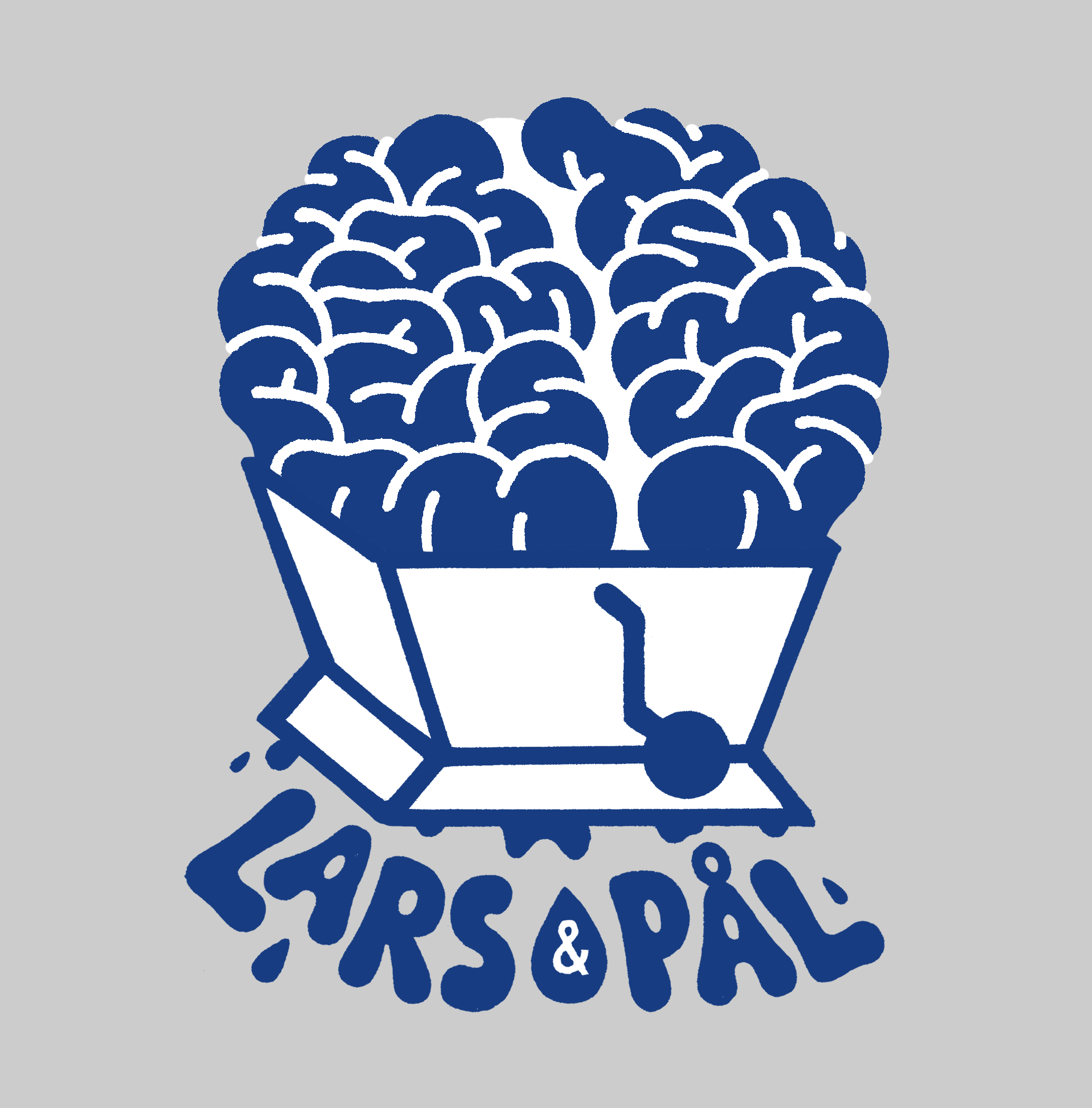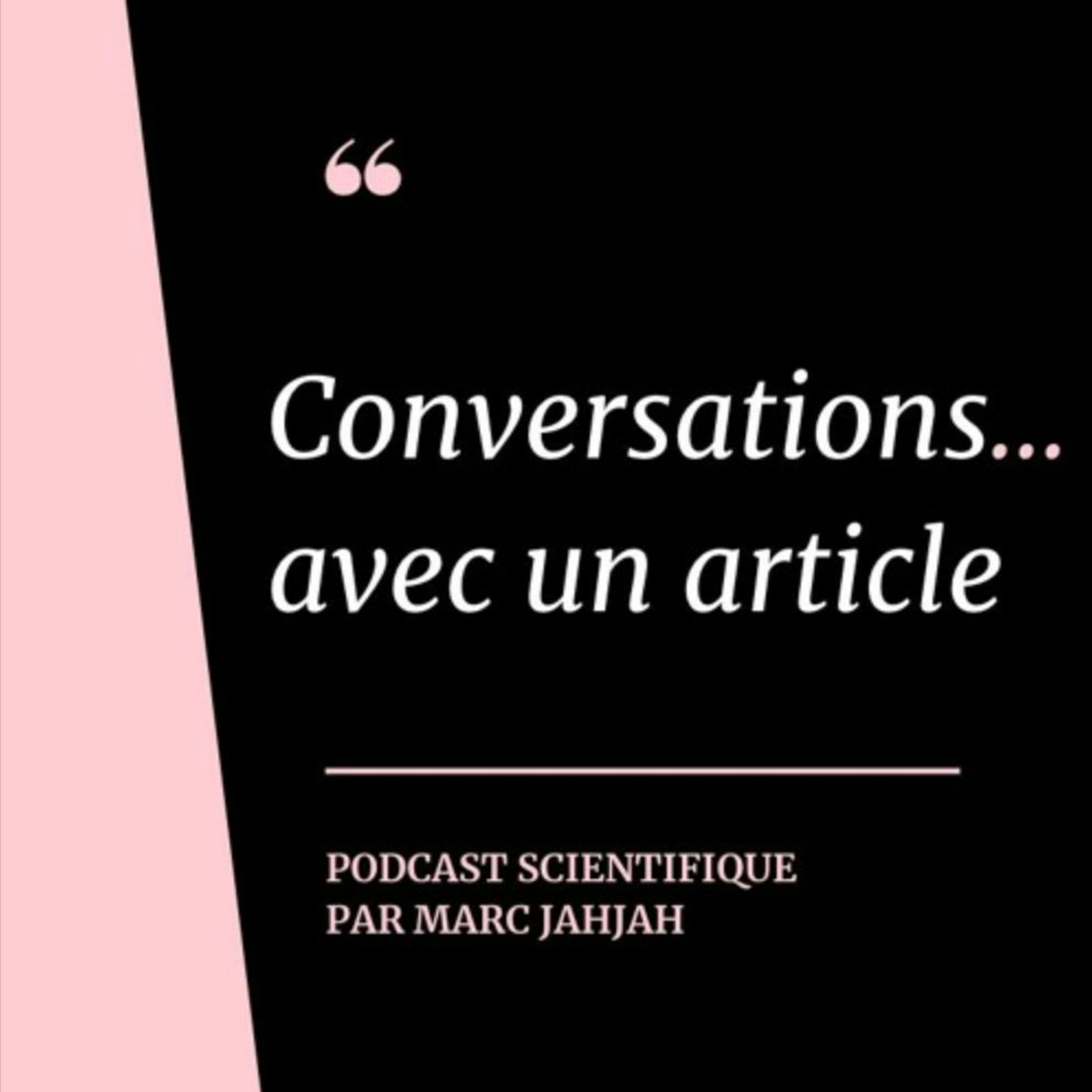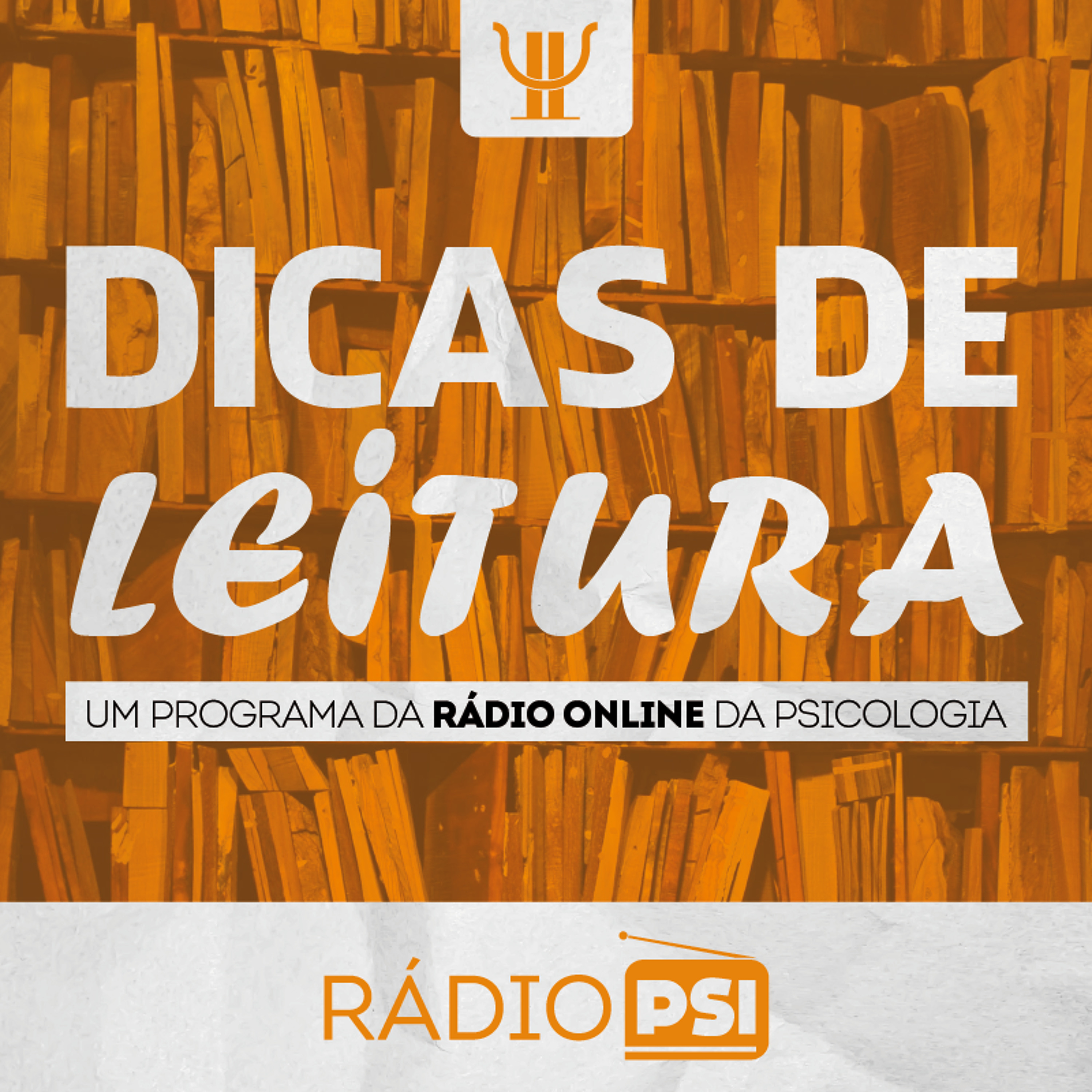Shows
 OBS: RadioessänBruno Latour 1947–2022: Han såg hur vi lurade oss självaI oktober 2022 dog Bruno Latour. Dan Jönsson reflekterar över en tänkare som hade insyn i både samtiden och framtiden. Lyssna på alla avsnitt i Sveriges Radio Play. ESSÄ: Detta är en text där skribenten reflekterar över ett ämne eller ett verk. Åsikter som uttrycks är skribentens egna. Publicerad 2022-12-12.För ungefär femtio år sedan landade en antropolog från Mars i Paris. Man får tänka sig att antropologen hade vissa förkunskaper; i vart fall anpassade han sig snabbt till värdkulturens skick och bruk och kunde snart...2025-07-1010 min
OBS: RadioessänBruno Latour 1947–2022: Han såg hur vi lurade oss självaI oktober 2022 dog Bruno Latour. Dan Jönsson reflekterar över en tänkare som hade insyn i både samtiden och framtiden. Lyssna på alla avsnitt i Sveriges Radio Play. ESSÄ: Detta är en text där skribenten reflekterar över ett ämne eller ett verk. Åsikter som uttrycks är skribentens egna. Publicerad 2022-12-12.För ungefär femtio år sedan landade en antropolog från Mars i Paris. Man får tänka sig att antropologen hade vissa förkunskaper; i vart fall anpassade han sig snabbt till värdkulturens skick och bruk och kunde snart...2025-07-1010 min Flair l'ArtÉpisode 5 - L'odeur animaleAvec Mathilde Laurent, parfumeure et Elia Chiche, nez et chercheuse indépendante, Giulio Giorgi, ingénieur agronome, écologue et paysagiste concepteur et les plasticien.ne.s Quentin Derouet, Alexis Foiny et Chloé Jeanne.Après avoir vu combien l’odeur dans l’art nous ramenait à la mort et à l’impermanence, après avoir constaté comment sentir rappelait que les expériences olfactives se vivent par la chair et nous unissent toustes dans une même atmosphère, c’est l’idée de totalité, de liens entre vivants et vivantes et d’animalité qui va conclure cette première saison de Fl...2023-07-1934 min
Flair l'ArtÉpisode 5 - L'odeur animaleAvec Mathilde Laurent, parfumeure et Elia Chiche, nez et chercheuse indépendante, Giulio Giorgi, ingénieur agronome, écologue et paysagiste concepteur et les plasticien.ne.s Quentin Derouet, Alexis Foiny et Chloé Jeanne.Après avoir vu combien l’odeur dans l’art nous ramenait à la mort et à l’impermanence, après avoir constaté comment sentir rappelait que les expériences olfactives se vivent par la chair et nous unissent toustes dans une même atmosphère, c’est l’idée de totalité, de liens entre vivants et vivantes et d’animalité qui va conclure cette première saison de Fl...2023-07-1934 min Lars og PålEpisode 109 En vitenskapsfilosofisk hinderløype med digresjonerVi har i mange tidligere episoder snakket om hva som er god forskning og vitenskap (se spesielt episode 32 og 89). Siden dette er et tema uten endelige svar, og siden vi har fått noen fine og kritiske tilbakemeldinger, så tar vi en ny runde om dette tema i dagens episode. Å snakke om god og dårlig vitenskap kan lett bli uredelig, mest å sammenligne med en hersketeknikk, men samtidig så finnes det jo virkelig et slikt skille. Så hvordan kan vi mene noe om dette spørsmålet, uten å bli høye på pæra, og kanskje til og med bli lit...2022-02-2551 min
Lars og PålEpisode 109 En vitenskapsfilosofisk hinderløype med digresjonerVi har i mange tidligere episoder snakket om hva som er god forskning og vitenskap (se spesielt episode 32 og 89). Siden dette er et tema uten endelige svar, og siden vi har fått noen fine og kritiske tilbakemeldinger, så tar vi en ny runde om dette tema i dagens episode. Å snakke om god og dårlig vitenskap kan lett bli uredelig, mest å sammenligne med en hersketeknikk, men samtidig så finnes det jo virkelig et slikt skille. Så hvordan kan vi mene noe om dette spørsmålet, uten å bli høye på pæra, og kanskje til og med bli lit...2022-02-2551 min Conversations avec un article#11 - De la mouche au déchet : vie et mort dans les labosConversations avec...un article. C'est 10-15 minutes où je rends compte d'un article scientifique récent paru dans une revue en sciences humaines et sociales.
Episode 11 : de la mouche au déchet, vie et mort dans les laboratoires scientifiques.
L'article original :
Tara Mehrabi, "Queer Ecologies of Death in the Lab: Rethinking Waste, Decomposition and Death through a Queerfeminist Lens", Australian Feminist Studies, juin 2020, p. 1‑17.
---------
les références mobilisées par l'autrice et implicitement ou explicitement utilisées dans le podcast :
Cecilia Åsberg et Jennifer Lum,"Picturizing the Scattered Ontologies of Alzheimer’s Disease: Towards a Materialist Feminist Approach to Visual Te...2020-06-2714 min
Conversations avec un article#11 - De la mouche au déchet : vie et mort dans les labosConversations avec...un article. C'est 10-15 minutes où je rends compte d'un article scientifique récent paru dans une revue en sciences humaines et sociales.
Episode 11 : de la mouche au déchet, vie et mort dans les laboratoires scientifiques.
L'article original :
Tara Mehrabi, "Queer Ecologies of Death in the Lab: Rethinking Waste, Decomposition and Death through a Queerfeminist Lens", Australian Feminist Studies, juin 2020, p. 1‑17.
---------
les références mobilisées par l'autrice et implicitement ou explicitement utilisées dans le podcast :
Cecilia Åsberg et Jennifer Lum,"Picturizing the Scattered Ontologies of Alzheimer’s Disease: Towards a Materialist Feminist Approach to Visual Te...2020-06-2714 min Nu-TomIDENTIDADE/IDENTIFICAÇÃO, MODERNIDADE, PÓS E HIPER… Hoje, em Tertúlias, falamos sobre a diferença entre identidade vs identificação nacional/pessoal, falamos sobre modernidade, pós-modernidade e, o que alguns autores definiram como hipermodernidade.
Diego Neves: https://www.linkedin.com/in/diogo-neves-1b8845137/
Ricardo Figueiredo: https://www.linkedin.com/in/ricardo-figueiredo-b5a11ba8/
Referências/Livros:
- A vida de laboratório: a produção dos fatos científicos - Bruno Latour e Steve Woolgar
- Aspectos da sociologia da ciência em textos de divulgação científica da revista pesqui...2020-06-0509 min
Nu-TomIDENTIDADE/IDENTIFICAÇÃO, MODERNIDADE, PÓS E HIPER… Hoje, em Tertúlias, falamos sobre a diferença entre identidade vs identificação nacional/pessoal, falamos sobre modernidade, pós-modernidade e, o que alguns autores definiram como hipermodernidade.
Diego Neves: https://www.linkedin.com/in/diogo-neves-1b8845137/
Ricardo Figueiredo: https://www.linkedin.com/in/ricardo-figueiredo-b5a11ba8/
Referências/Livros:
- A vida de laboratório: a produção dos fatos científicos - Bruno Latour e Steve Woolgar
- Aspectos da sociologia da ciência em textos de divulgação científica da revista pesqui...2020-06-0509 min Conversations avec un article#3 - Comment sont fabriqués les robots ?Conversations avec...un article. C'est 10-15 minutes où je rends compte d'un article scientifique récent paru dans une revue en sciences humaines et sociales.
Épisode 3 : Comment sont fabriqués les robots dans les laboratoires de recherche ?
L'article original :
Björn Fischer, Britt Östlund et Alexander Peine, "Of robots and humans: Creating user representations in practice", Social Studies of Science, février 2020.
---------
Les autres références universitaires citées :
**Sur la notion de "script"** :
- Madeleine Akrich, “Comment décrire les objets techniques ?”, Techniques et culture, 9, 1987, p. 49–64.
- Thierry Bardini, August T. Horvath, "The Social Construction of the Personal Computer...2020-05-0215 min
Conversations avec un article#3 - Comment sont fabriqués les robots ?Conversations avec...un article. C'est 10-15 minutes où je rends compte d'un article scientifique récent paru dans une revue en sciences humaines et sociales.
Épisode 3 : Comment sont fabriqués les robots dans les laboratoires de recherche ?
L'article original :
Björn Fischer, Britt Östlund et Alexander Peine, "Of robots and humans: Creating user representations in practice", Social Studies of Science, février 2020.
---------
Les autres références universitaires citées :
**Sur la notion de "script"** :
- Madeleine Akrich, “Comment décrire les objets techniques ?”, Techniques et culture, 9, 1987, p. 49–64.
- Thierry Bardini, August T. Horvath, "The Social Construction of the Personal Computer...2020-05-0215 min 不可理论11: 打开潘多拉的黑箱 如何内建一个科学思维的人格?如何追随科学家和工程师?带着这个目的读了《科学在行动》,我得到了意外的收获……
邮箱:bukelilun@outlook.com
网站:bukelilun.com
在爱发电 、支付宝或同名公众号打赏,将支持本节目继续走下去,在此感谢所有赞助者。
Bruno Latour, Science in Action (1987)
中文版:布鲁诺·拉图尔《科学在行动》
Bruno Latour and Steve Woolgar, Laboratory Life (1986)
中文版:布鲁诺·拉图尔、史蒂夫·伍尔加《实验室生活》
「两幅面孔」:罗马神话中的双面神雅努斯(Janus)
形成中的科学 Science in the making,已形成的科学 Ready made science
黑箱(black box)(请注意,black box也可以是一个动词,黑箱化)
Bruno Latour, Science in Action - Introduction “Opening Pandora’s Black Box” (Google "Science in Action pdf" 即可读到英文原文)
参与DNA双螺旋结构确立的相关科学家:Linus Pauling, James Watson, Francis Crick, Jerry Donohue, Maurice Wilkins, Rosalind Franklin
Bruno Latour的规则与定理总结
推翻「故事不合理」结论的方法:1、在讲故事的人的背景里讲一个结构一样的故事;2、不断重新讲故事,在发现逻辑漏洞时重新审视语境;3、延长故事的时间线。
「罗辑思维」第478期 「荣誉归于最后的人」对贝尔和格雷的电话发明争议的解读
不可理论网站:bukelilun.com
宝婷的「利器」访谈
BGM:Two Steps From Hell - Science
Re:plus - Everlasting Truth爱发电上赞助 2018-08-0437 min
不可理论11: 打开潘多拉的黑箱 如何内建一个科学思维的人格?如何追随科学家和工程师?带着这个目的读了《科学在行动》,我得到了意外的收获……
邮箱:bukelilun@outlook.com
网站:bukelilun.com
在爱发电 、支付宝或同名公众号打赏,将支持本节目继续走下去,在此感谢所有赞助者。
Bruno Latour, Science in Action (1987)
中文版:布鲁诺·拉图尔《科学在行动》
Bruno Latour and Steve Woolgar, Laboratory Life (1986)
中文版:布鲁诺·拉图尔、史蒂夫·伍尔加《实验室生活》
「两幅面孔」:罗马神话中的双面神雅努斯(Janus)
形成中的科学 Science in the making,已形成的科学 Ready made science
黑箱(black box)(请注意,black box也可以是一个动词,黑箱化)
Bruno Latour, Science in Action - Introduction “Opening Pandora’s Black Box” (Google "Science in Action pdf" 即可读到英文原文)
参与DNA双螺旋结构确立的相关科学家:Linus Pauling, James Watson, Francis Crick, Jerry Donohue, Maurice Wilkins, Rosalind Franklin
Bruno Latour的规则与定理总结
推翻「故事不合理」结论的方法:1、在讲故事的人的背景里讲一个结构一样的故事;2、不断重新讲故事,在发现逻辑漏洞时重新审视语境;3、延长故事的时间线。
「罗辑思维」第478期 「荣誉归于最后的人」对贝尔和格雷的电话发明争议的解读
不可理论网站:bukelilun.com
宝婷的「利器」访谈
BGM:Two Steps From Hell - Science
Re:plus - Everlasting Truth爱发电上赞助 2018-08-0437 min A Little Bit Of ScienceMagnificent Mundane Governance! Steve Woolgar, Simone Dennis, Kate Henne!Mundane governance doesn't sound too interesting, huh?But it's actually crazy fascinating! In this week's episode we crashed this Mundane Governance Conference and had not one, but three beers with three interesting people.And look, we admit it we laughed a little at the the conference tite at first, but then we found it was chock full of intriguing people and ideas. Seriously, check this out:First we yacked with Professor Simone Dennis about 'governance of the tongue', how there are rules about how we taste stuff, and how anthropologists are concerned with 'pre-s...2017-11-231h 02
A Little Bit Of ScienceMagnificent Mundane Governance! Steve Woolgar, Simone Dennis, Kate Henne!Mundane governance doesn't sound too interesting, huh?But it's actually crazy fascinating! In this week's episode we crashed this Mundane Governance Conference and had not one, but three beers with three interesting people.And look, we admit it we laughed a little at the the conference tite at first, but then we found it was chock full of intriguing people and ideas. Seriously, check this out:First we yacked with Professor Simone Dennis about 'governance of the tongue', how there are rules about how we taste stuff, and how anthropologists are concerned with 'pre-s...2017-11-231h 02 Unit for Biocultural Variation and Obesity (UBVO) seminarsKeynote: When Food Goes Digital: From a Mundane Point of ViewSteve Woolgar gives a talk for the UBVO seminar series on 30th November 2015.2016-02-0828 min
Unit for Biocultural Variation and Obesity (UBVO) seminarsKeynote: When Food Goes Digital: From a Mundane Point of ViewSteve Woolgar gives a talk for the UBVO seminar series on 30th November 2015.2016-02-0828 min Dicas de LeituraSergio CirinoO psicólogo mineiro, Sergio Cirino, indica o livro: A vida de laboratório de Bruno Latour e Steve Woolgar.2015-08-2801 min
Dicas de LeituraSergio CirinoO psicólogo mineiro, Sergio Cirino, indica o livro: A vida de laboratório de Bruno Latour e Steve Woolgar.2015-08-2801 min Oxford Internet Institute - Lectures and SeminarsVisualisation in the Age of ComputerisationProfessor Steve Woolgar introduces and discusses the main themes of the Visualisation in the Age of Computerisation conference, by reflecting on recent changes in visualisation media and considering some of the implications of these changes for research. This paper introduces and discusses the main themes of the conference "Visualisation in the Age of Computerisation" (Said Business School, 25 March 2011). It reflects on changes in visualisation media in recent years and considers some of the implications of these changes for research. In particular, the paper discusses the 'lure of the visual' - our tendency to experience visual representation as more 'vivid', 'real...2012-02-281h 02
Oxford Internet Institute - Lectures and SeminarsVisualisation in the Age of ComputerisationProfessor Steve Woolgar introduces and discusses the main themes of the Visualisation in the Age of Computerisation conference, by reflecting on recent changes in visualisation media and considering some of the implications of these changes for research. This paper introduces and discusses the main themes of the conference "Visualisation in the Age of Computerisation" (Said Business School, 25 March 2011). It reflects on changes in visualisation media in recent years and considers some of the implications of these changes for research. In particular, the paper discusses the 'lure of the visual' - our tendency to experience visual representation as more 'vivid', 'real...2012-02-281h 02 Oxford Internet Institute - Lectures and SeminarsVisualisation in the Age of ComputerisationProfessor Steve Woolgar introduces and discusses the main themes of the Visualisation in the Age of Computerisation conference, by reflecting on recent changes in visualisation media and considering some of the implications of these changes for research. This paper introduces and discusses the main themes of the conference "Visualisation in the Age of Computerisation" (Said Business School, 25 March 2011). It reflects on changes in visualisation media in recent years and considers some of the implications of these changes for research. In particular, the paper discusses the 'lure of the visual' - our tendency to experience visual representation as more 'vivid', 'real...2012-02-281h 02
Oxford Internet Institute - Lectures and SeminarsVisualisation in the Age of ComputerisationProfessor Steve Woolgar introduces and discusses the main themes of the Visualisation in the Age of Computerisation conference, by reflecting on recent changes in visualisation media and considering some of the implications of these changes for research. This paper introduces and discusses the main themes of the conference "Visualisation in the Age of Computerisation" (Said Business School, 25 March 2011). It reflects on changes in visualisation media in recent years and considers some of the implications of these changes for research. In particular, the paper discusses the 'lure of the visual' - our tendency to experience visual representation as more 'vivid', 'real...2012-02-281h 02 Institute for Science, Innovation and SocietyNeurosociety part 5: what is it with the brain these days? Closing discussionSteve Woolgar and Paul Woulters give the final talk for the Neuroociety conference.2011-03-1026 min
Institute for Science, Innovation and SocietyNeurosociety part 5: what is it with the brain these days? Closing discussionSteve Woolgar and Paul Woulters give the final talk for the Neuroociety conference.2011-03-1026 min Institute for Science, Innovation and SocietyNeurosociety part 1: Welcome and Opening RemarksSteve Woolgar and Tanja Schneider (InSIS, Saïd Business School, University of Oxford) give the opening address for the Neurosociety conference.2011-03-1036 min
Institute for Science, Innovation and SocietyNeurosociety part 1: Welcome and Opening RemarksSteve Woolgar and Tanja Schneider (InSIS, Saïd Business School, University of Oxford) give the opening address for the Neurosociety conference.2011-03-1036 min